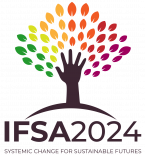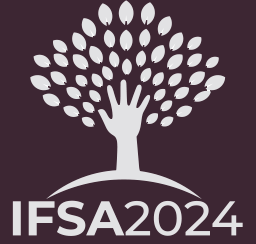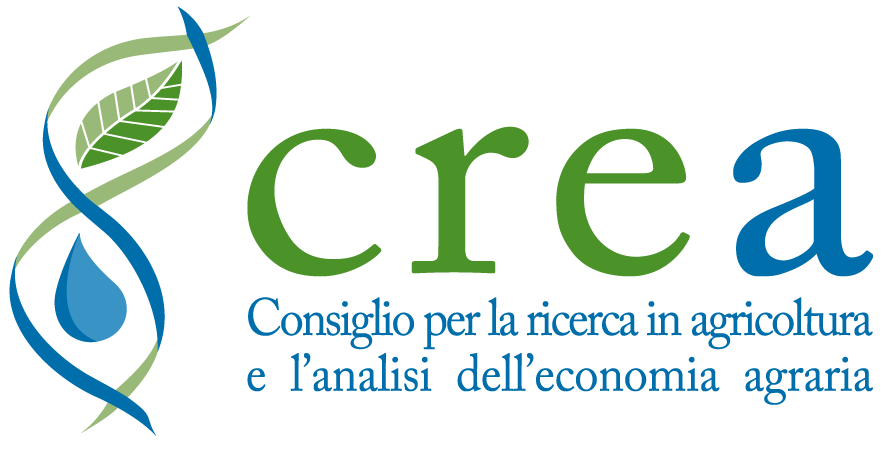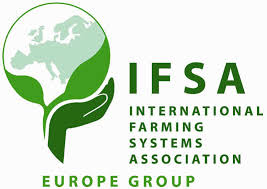THEME 2
APPROACHES TO LOCAL DEVELOPMENT: HARMONISING AGRICULTURE AND COMMUNITIES
Convenors: Davide Rizzo, Maria Rivera Mendez, Intissar Ferchichi, Maria Kernecker
Rationale
Farming systems are more than just contributors to diverse production sectors. These systems operate within specific geographical contexts, where the proximity of farmers to other actors significantly influences their choices and practices. Agricultural activities shape landscapes and local identities, but are in turn shaped to varying degrees by individual and collective actions occurring both in the vicinity of and outside agricultural fields. The exploration of these landscape-level interactions dynamics sheds light on how diverse actors, such as policymakers, industry representatives, and consumers, shape agricultural practices and the overall landscape in rural areas as a community. Such exploration enables the discovery of innovative approaches to comprehend and manage the complexities involved in transition pathways towards sustainability.
This theme explores innovative models and approaches aimed at fostering the development and revitalization of rural areas, especially those that are inner and marginalised, where agriculture, despite its central role, may not guarantee economic viability alone.
Objectives
The objectives for the sessions relating to this theme are to foster discussions on farming systems that extend beyond the farm, examining how local-based approaches, nexus thinking, and relations with the community are addressed and are on the right path towards more sustainable futures. It looks for identifying the issues at stake and the research challenges associated with the interactions between farming systems and local communities.
Orientation for papers
Abstract are invited to address a range of topics, which include, but are not limited to:
Integration between agriculture and landscape management. Spatial planning and land use regulations and policies interplay with the spatial configuration of farming systems. Successful integration of agricultural activities within the land management requires to address sustainability of farming practices, biodiversity conservation, and ecosystem services with a spatial context-wise approach. Nevertheless, achieving harmonization between spatial planning and farming systems often presents challenges due to the need for interdisciplinarity and transdisciplinarity.
Farmers’collective organisation and local communities. Cooperatives, associations, and other forms of collective organisation strengthen the collective bargaining power of agricultural producers, promote resource and knowledge sharing, and facilitate joint marketing strategies. Nonetheless, farmers are also members of the society. We welcome papers that delve into the dynamics of such organisations and their impact on the harmonization between agriculture and local communities.
Local multi-stakeholder organisation models. Local communities hold the power to become catalysts for new organisations aligning shared interests and strategies for sustainable development. Green energy communities, smart villages, and community-based enterprises are examples of transition pathways towards more integrated rural districts. Some of them focus instead on enhancing the value of local products (e.g., wine districts) or specific farming systems (e.g., organic districts), up to local action groups. However, these models are context-specific and so difficult to compare and evaluate. What are the lessons learned so far to describe and evaluate the harmonization of possibly conflicting interests of different local stakeholders?
Local value creation. Bolstering the economic viability of agriculture involves diversifying practices, adding value to products, promoting local entrepreneurship, and facilitating farmers’ access to the market. Local communities further enrich this process, but their alignment pathways are incredibly diverse. Considering the different spatial influences of local actors add layers of complexity to the pathways for agricultural economic viability.
Innovative models of integrated rural land care. Smart villages, community-based cooperatives, living or policy labs, and other socio-technical institutions continuously emerge to promote the harmonization between farmers, local communities, and other stakeholders. These innovative models support the transition pathways to sustainable development by providing solutions tailored to specific needs of the local communities and the spatial context. Are they effective in creating a space for testing and refining policies, technologies, and business models, especially for inner and marginal regions?







